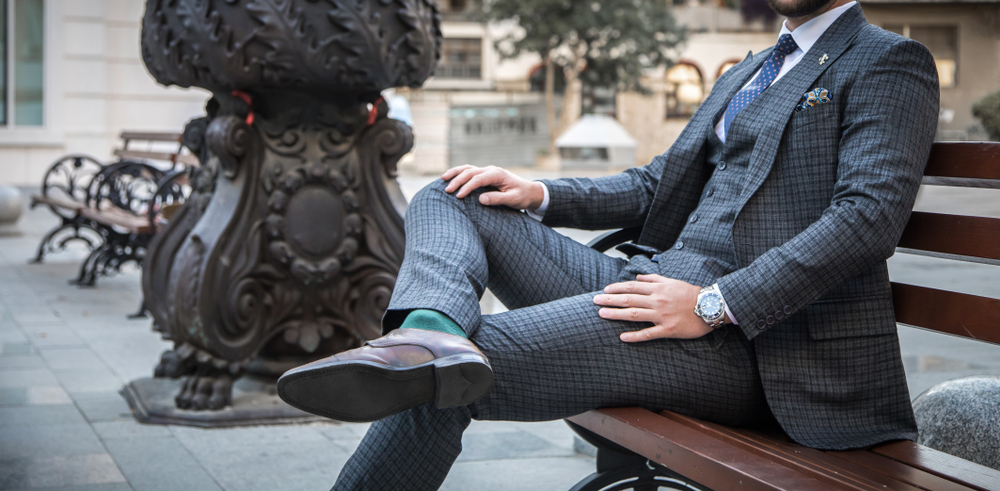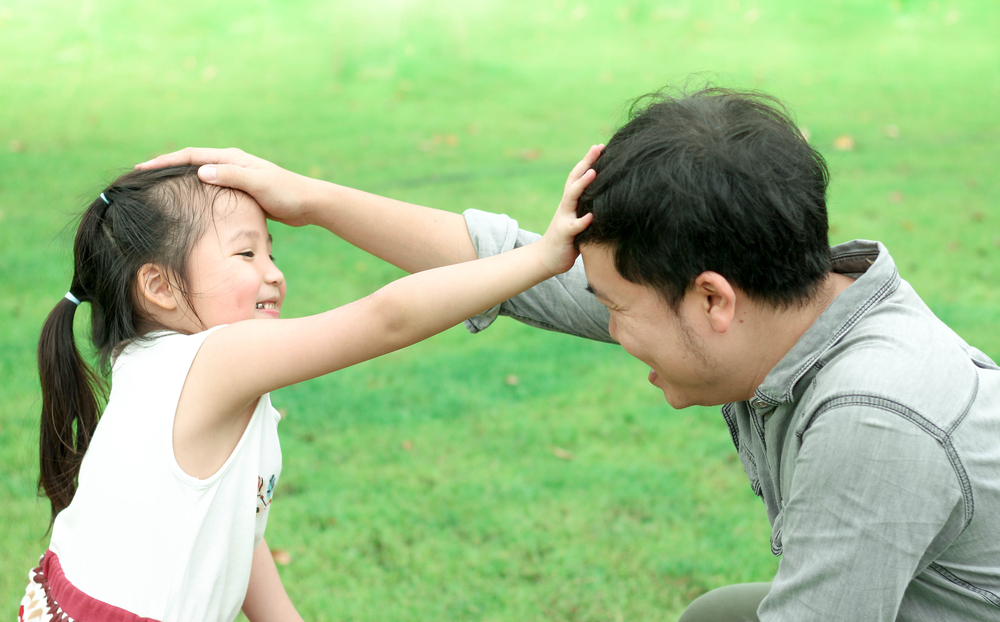



Every culture has its own unique quirks and traditions – what’s commonplace at home might seem unusual elsewhere! Understanding local customs is a fantastic way to avoid misunderstandings and have a more enriching travel experience. It shows respect and helps you connect with people in a meaningful way. Let’s dive into some customs around the world so you can travel with confidence and cultural sensitivity.
Don’t Be a Backseat Snob in Australia & New Zealand!

Snapic_PhotoProduction/Shutterstock
For North Americans, hailing a cab usually means hopping straight into the back. But in Australia and New Zealand, this custom can come across as rude! If you’re a solo passenger, sitting in the back makes the driver feel like a chauffeur.
Want to avoid an awkward ride down under? Slide into the front seat and make your cabbie’s day. It’s a small gesture that makes a big difference!
Respecting Tradition: Why You Use Your Right Hand in India

Things4You2 | Weight Loss, Fitness, Bodybuilding/Pinterest
In India, the left hand is traditionally associated with cleaning tasks after using the toilet. Therefore, using your left hand for greetings, eating, or giving gifts is seen as unclean and disrespectful.
When visiting India, it’s best to stick with your right hand for these interactions. This shows cultural awareness and helps you avoid unintentionally offending anyone. A simple switch makes a big difference!
Hands Out, Respect In: Understanding Body Language in Turkey

CLOTHES/SHOES/BAG/Pinterest
While putting your hands on your hips or in your pockets might seem casual in North America, it comes across as disrespectful in Turkey. Turkish culture values respect and courtesy, especially towards elders.
To avoid sending the wrong message, keep your hands visible during conversations in Turkey. This small adjustment shows cultural sensitivity and helps foster positive interactions. Remember, body language speaks volumes across different cultures!
Don’t Tip in Japan! It’s Considered Rude

lunopark/Shutterstock
While tipping is ingrained in North American culture, it’s crucial to remember customs differ worldwide. In Japan, leaving a tip can actually be perceived as insulting! Japanese service staff take pride in their work and offering extra money can imply they didn’t do their job well enough.
Hold the Smiles in Russia (Unless You Know Them!)

simonstacpoole/Instagram
North Americans often smile at strangers as a friendly gesture. In Russia, however, this custom is less common. Russians reserve smiles for those they know well – family, friends, and established connections.
This doesn’t mean Russians are unfriendly! It’s simply a cultural difference in how smiles are interpreted. To avoid confusion, it’s best to mirror the reserved demeanor while walking around. Once you make friends, those warm Russian smiles will come your way!
Keep Your Soles Down: Shoe Etiquette in the Middle East & Southeast Asia

ABGJ/Shutterstock
While common in North America, crossing your legs and exposing your shoe soles is considered disrespectful in many parts of Southeast Asia and the Middle East. In these cultures, feet and shoes are associated with dirtiness, making this gesture an insult.
Be mindful of your posture when traveling in these regions. Keeping your feet on the ground demonstrates respect and avoids causing offense.
Hands Off! Why You Don’t Touch Heads in Buddhist Countries

Akkalak Aiempradit/Shutterstock
While a friendly head pat might be okay in North America,it’s a major faux pas in Buddhist countries like Sri Lanka and Thailand.The head is considered sacred,the dwelling place of a person’s spirit.This respect extends to statues,especially those of the Buddha. Let’s be honest,it’s generally best to keep your hands to yourself when it comes to strangers’ heads! Show respect,especially in Buddhist communities.
Don’t “Talk to the Hand” in Greece!

Cat Huddy/Pinterest
That harmless “stop” gesture we know in North America has a whole different meaning in Greece. The open-palm display, called a ‘mountza’, is a serious insult. Think of it as the ultimate gesture of disrespect.
Traveling in Greece? Best to keep your hands out of sight…or use them for a friendly wave instead!
Thumbs Up? Thumbs Down in Greece!

@DigitelSysInc/Twitter
While a thumbs up means “good job” in North America, watch out in Greece! There, it’s a rude gesture with roots in ancient Rome’s gladiatorial contests. Think of it as the equivalent of giving someone the middle finger.
Traveler Tip: When in Greece, ditch the thumbs up. Opt for a smile or nod of approval instead to avoid causing offense.
Think Twice Before That A-OK Sign Abroad

Smith Collection/Gado/Getty Images
The familiar A-OK gesture means different things around the world. While it’s positive in North America, watch out!
Not So Metal! The “Rock On” Sign Takes a Turn in Italy

PYMCA/Avalon/Universal Images Group via Getty Images
Forget what you know about the “rock on” hand gesture. In Italy, Spain, Portugal, and parts of South America, those raised horns have a very different meaning. It implies a person’s significant other is cheating on them!
Traveler Tip: Avoid potential drama and misunderstandings. Save the metal horns for concerts back home and try a simple wave or thumbs up instead.
Sniffles? Handle with Care in France

Universal Images Group/Getty Images
Public nose-blowing, while common in North America, is considered rude in France. It’s seen as an unhygienic and poorly mannered act.
Travel Tip: If you need to blow your nose in France, excuse yourself and find a private space like a bathroom. Pack disposable tissues rather than a handkerchief for discreet disposal.
Show Appreciation: Finish Your Plate in Japan

@Match/Twitter
Unlike the supersized portions in North America, Japanese cuisine emphasizes mindful eating. Leaving food unfinished is considered wasteful and disrespectful. This stems from “mottainai,” a deep appreciation for resources and the effort that went into preparing your meal.
Gift Giving Gets Tricky in China

George Rudy/Shutterstock
Forget what you know about eagerly accepting gifts! In China, it’s polite to refuse a gift multiple times before finally accepting. This shows humility and respect for the giver.
Naked or Nothing: Sauna Etiquette in Scandinavia

Jumping Rocks/Getty Images
Get ready to shed your inhibitions (and your clothes!) in Scandinavian saunas. Wearing anything, even swimwear, is considered unhygienic and goes against the sauna’s purpose as a space for purification.